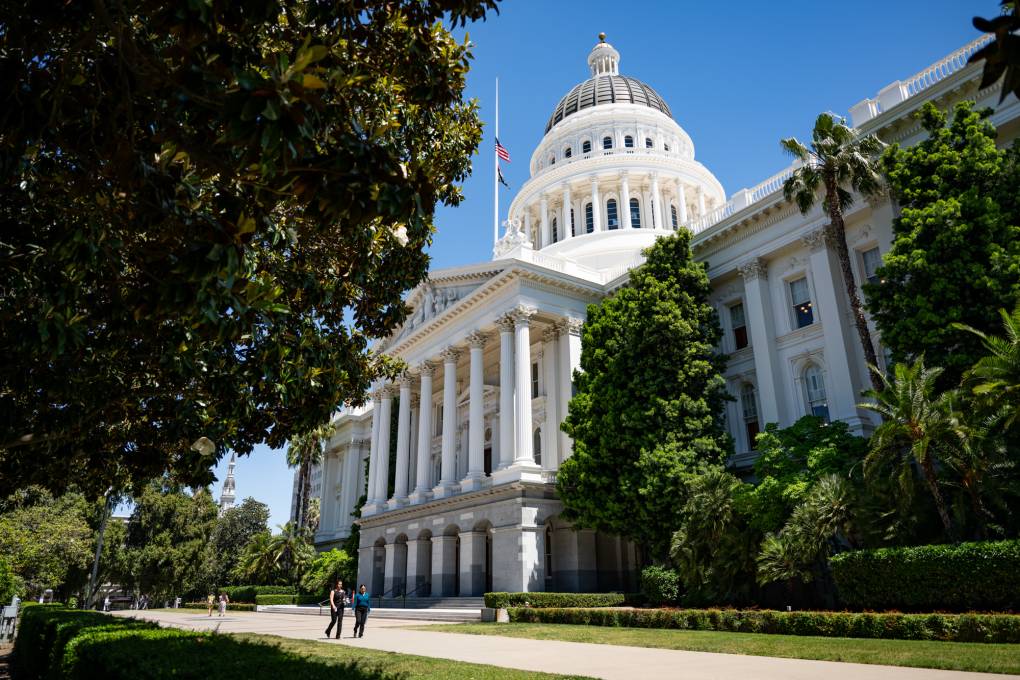
"When California's flagship climate program was last reauthorized in 2017, the biggest champions of cap-and-trade were looking to the future. "This isn't for me, I'll be dead," then-Gov. Jerry Brown thundered at a panel of state senators, as negotiations intensified that summer. Brown's goal was to forge a bipartisan coalition to limit planet-warming emissions, balancing the concerns of environmentalists and industry to solidify California's global leadership and avoid the worst climate damages he foresaw: vector disease, mass migrations, and "Southern California burning up.""
"Eight years later, the costs of climate change have arrived. Intense wildfires are driving up the price of electricity and home insurance for Californians already struggling with affordability. Climate-fueled costs have injected a new dynamic into negotiations over extending cap-and-trade before the legislative session ends Sept. 12. The program raises billions of dollars every year from polluters, and Gov. Gavin Newsom and state lawmakers are debating ways to use that money to lower the costs of a warming state and follow through on their post-election promises to prioritize affordability."
California is negotiating whether to extend its cap-and-trade program beyond its 2030 expiration amid rising energy costs and refinery closure concerns. Wildfires and other climate impacts are increasing electricity and home insurance costs, creating pressure to use cap-and-trade revenues to address affordability. Lawmakers and Governor Gavin Newsom are debating extending the program to 2045 and how to allocate billions raised annually from polluters. California, Oregon, and Washington are forming a regional health alliance to issue vaccine recommendations in response to federal guidance changes. A new immigration detention facility opened in the Mojave Desert without permits, prompting scrutiny.
Read at Kqed
Unable to calculate read time
Collection
[
|
...
]